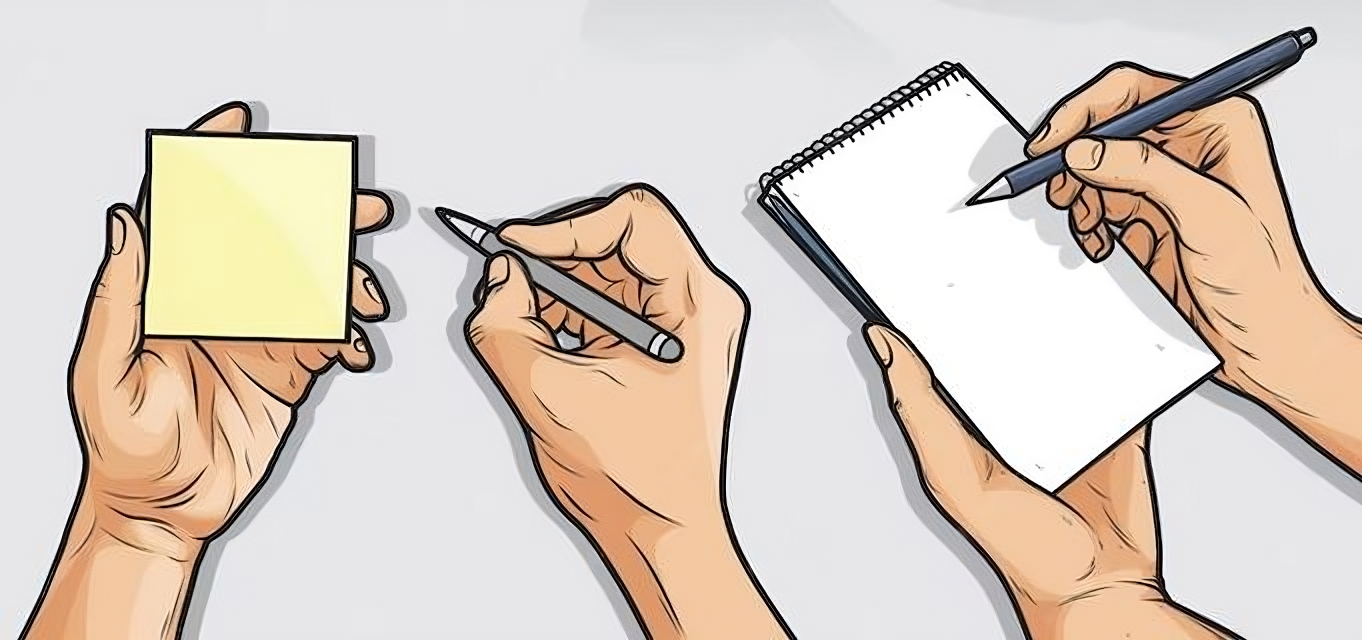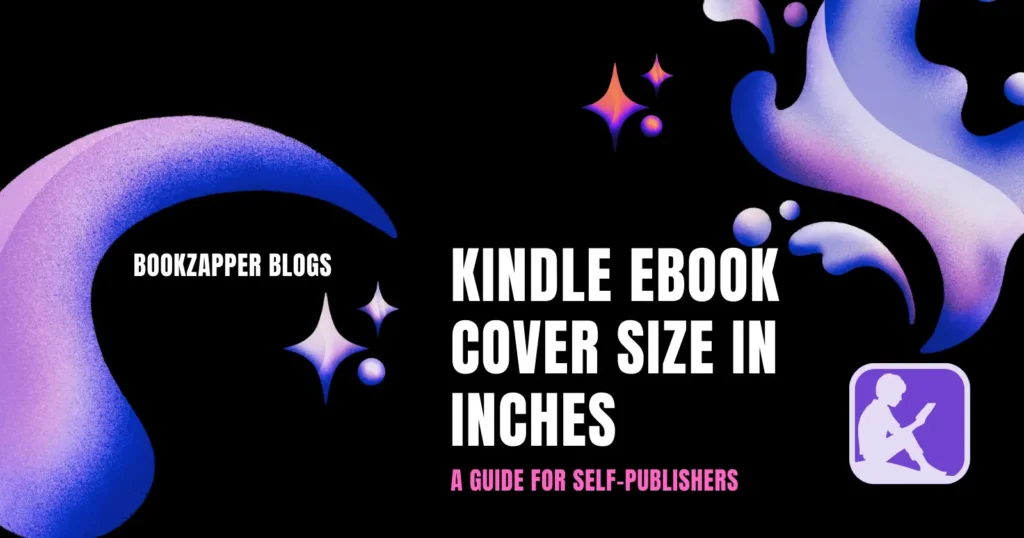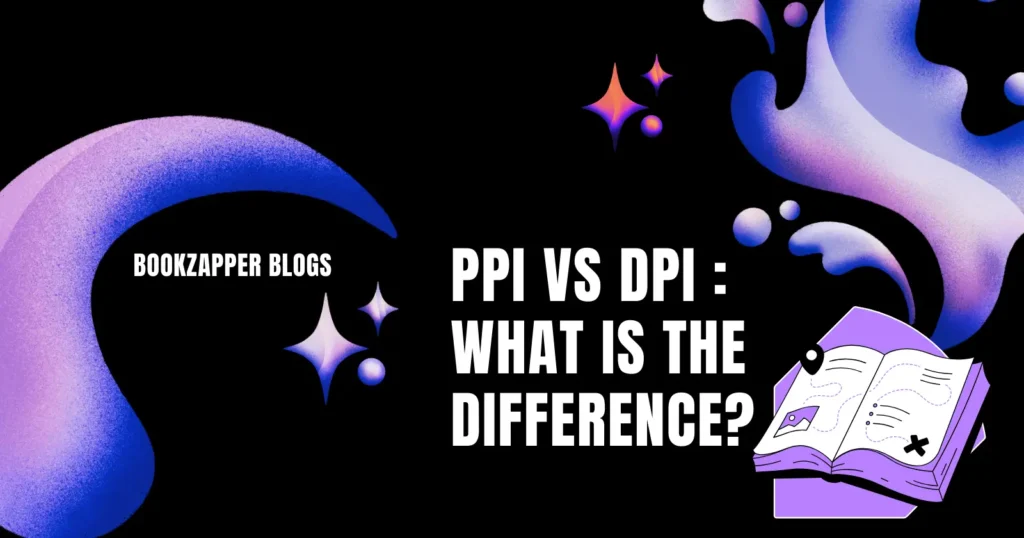
Creative Writing 101: What It Is, How It Works, and How to Do It Well
Creative writing is writing with imagination and feelings. It is different from other writing types. These writing types focus on information, facts, or arguments.
This article will discuss:
- The concept of creative writing
- What isn’t creative writing?
- Types of creative writing
- Tips for writing creatively
- Creative writing enhances several essential skills
The Concept of Creative Writing
Creative writing is based on the writer’s imagination and creativity. It lets the writer explore ideas, perspectives, emotions, and experiences. It lets the writer express them in an original and artistic way.
Creative writing has no rules or conventions. It can be experimental, playful, or challenging. Creative writing is also a way of communicating with the readers. They can enjoy, relate to, or learn from the writer’s work.
What Isn’t Creative Writing?
Creative writing is not the same as writing for academic, professional, or journalistic purposes. These writing types have specific goals, audiences, formats, and standards. They require the writer to follow guidelines and criteria.
For example, academic writing shows the writer’s knowledge, research, and analysis of a topic. It should be clear, logical, and well-structured. Journalistic writing informs, persuades, or entertains the readers. It should be factual, accurate, and concise. Technical writing instructs, explains, or describes a process, product, or system. It should be precise, simple, and consistent.
Creative writing does not have to follow these requirements. It can be more flexible, personal, and expressive. But this does not mean that creative writing is easy or that it does not need skills or effort. Creative writing still needs a purpose, a structure, a style, and a quality. It should engage the readers and make them care about the writer’s work.
Types of Creative Writing
Creative writing can take many forms and genres. It depends on the writer’s preferences, interests, and goals. Some of the common types of creative writing are:
- Poetry: Poetry is writing with language in a rhythmic, musical, and aesthetic way. Poetry can have various forms and themes. Poetry can also use literary devices to enhance its meaning and effect.
- Fiction: Fiction is writing that tells a story that is not real. Fiction can have various genres and elements. Fiction can also use narrative techniques to develop its story and engage the readers.
- Non-fiction: Non-fiction is writing that tells a story that is real. Non-fiction can have various genres and purposes. Non-fiction can also use literary elements to make its story more interesting and appealing.
- Script: Script is writing that is written for a performance. Script can have various genres and features. Script can also use dramatic devices to create tension and emotion in its performance.
Tips for Writing Creatively
Writing creatively can be fun, rewarding, and fulfilling. But it can also be challenging, frustrating, and daunting. Here are some do’s and don’ts that can help you write creatively and improve your writing skills.
Do’s:
- Do read a lot of different genres and styles of creative writing. Reading can help you learn from other writers, expose you to new ideas and techniques, and inspire your own creativity.
- Do write a lot. Writing is a skill that requires practice and discipline. Writing every day can help you improve your writing, overcome your blocks, and find your flow.
- Do experiment with different forms, genres, topics, and techniques. Writing creatively is an opportunity to try new things, explore new possibilities, and challenge yourself. Experimenting can help you learn, grow, and evolve as a writer.
- Do get feedback from others. Writing creatively is also a way of communicating with your readers. Feedback can help you improve your writing, identify your strengths and weaknesses, gain new perspectives and insights, and appreciate your achievements and potentials.
- Do have fun with your writing. Writing creatively is not a chore, a duty, or a burden. It’s a passion, a hobby, or a pleasure. Enjoy the process and celebrate the outcome. Have fun with your writing, and your writing will have fun with you.
Don’ts:
- Don’t copy or plagiarize from other writers.
- Don’t overthink or stress too much about your writing.
- Don’t be afraid to make mistakes or take risks.
- Don’t take feedback personally or defensively.
- Don’t give up on your writing.
Creative Writing Enhances Several Essential Skills
Creative writing is not only a rewarding and fulfilling activity. It is also a beneficial and useful one. Creative writing can enhance several essential skills that can help you in your personal, academic, and professional life. These skills are:
- Communication: Creative writing helps you communicate effectively, clearly, and persuasively. It improves your language, grammar, vocabulary, and style. Creative writing also helps you communicate empathetically, respectfully, and appropriately. It helps you understand your audience, your purpose, and your context.
- Creativity: Creative writing helps you develop your creativity. It stimulates your imagination, your originality, and your innovation. Creative writing also helps you apply your creativity. It helps you solve problems, find solutions, and create opportunities.
- Critical thinking: Creative writing helps you enhance your critical thinking. It helps you analyze, evaluate, and synthesize information, facts, and arguments. Creative writing also helps you use your critical thinking. It helps you make decisions, form opinions, and support claims.
- Emotional intelligence: Creative writing helps you improve your emotional intelligence. It helps you express, recognize, and manage your emotions, feelings, and moods. Creative writing also helps you increase your emotional intelligence. It helps you understand, respect, and relate to others’ emotions, feelings, and moods.
- Self-awareness: Creative writing helps you boost your self-awareness. It helps you reflect, explore, and discover your identity, your personality, and your values. Creative writing also helps you demonstrate your self-awareness. It helps you be authentic, honest, and confident.
Conclusion
Creative writing is a form of expression that uses imagination and feelings. It can be fiction or non-fiction, and it can improve various skills and bring joy and benefits to the writer and the reader.




